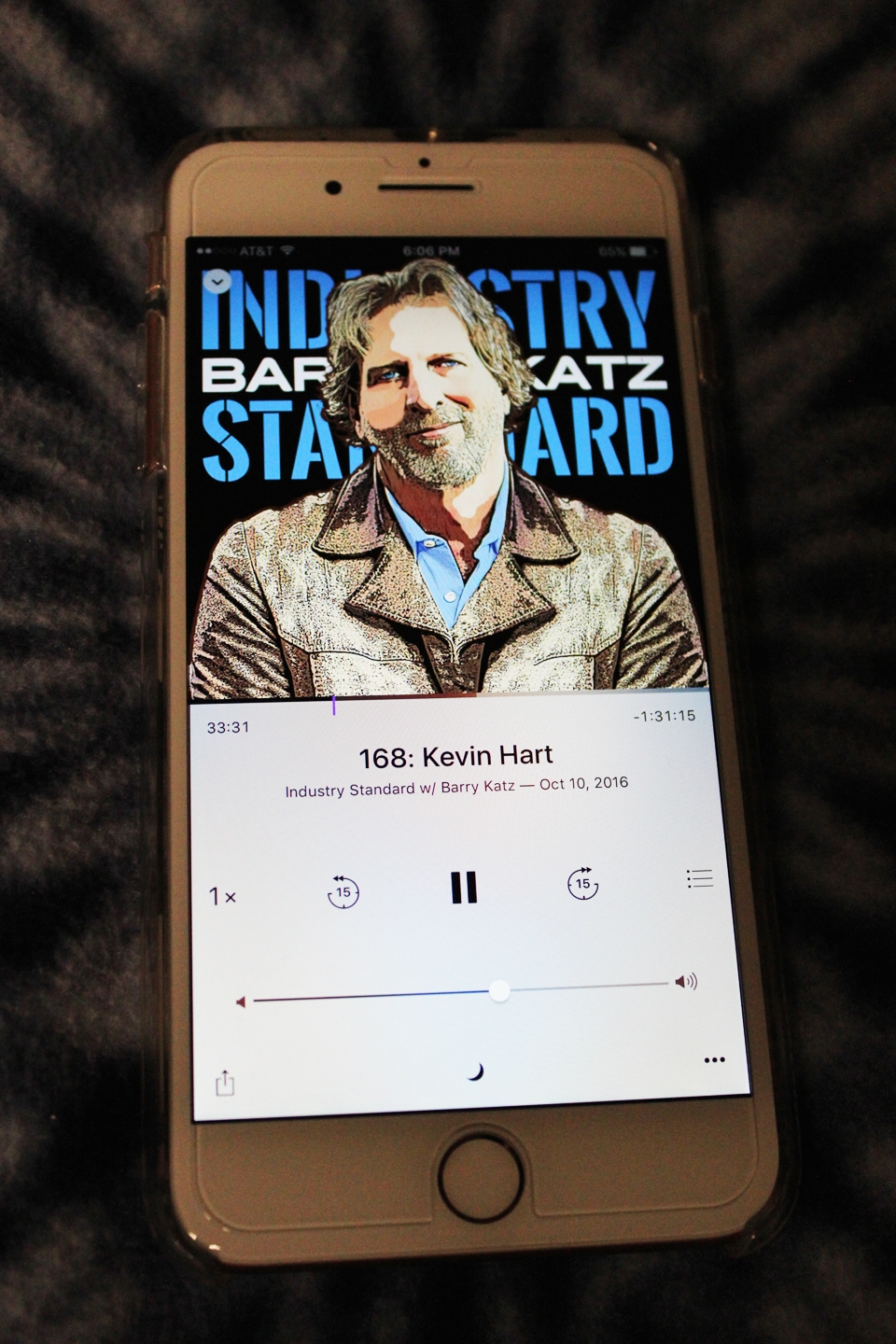
Capri Scarcelli | a&e editor
4/15/21

It’s not often that you get to experience an album for the first time all over again.
For many of us, we were merely 8 years old when country-turned-pop star Taylor Swift released her critically-acclaimed studio album Fearless (2008), leaving daydreaming girls in awe and wonder of what their teenage years would hold.
At 20, I am listening to Swift’s remastered Fearless (Taylor’s Version) with a nostalgic heart — not only for the girl who had a whole coming-of-age story ahead of her, but for the girl who lived through the love, strength and hurt that she sings of.
I am listening to myself grow up.
On April 9, Swift released the complete set of re-recorded tracks along with six never-before-heard songs from the vault. In a contract with previous music manager Scooter Braun, Swift’s first six studio albums were sold between Ithaca Holdings LLC and Big Machine Records for over $300 million. In retaliation, Swift decided to completely renew her music to get the records under her name again.
With a new vocal maturity, added instrumentation and featured harmony lines, Swift’s songs hold a whole new quality, creating a collective piece that doesn’t necessarily aim to replicate the original, but rather enhance its aura.
Thanks to Swift’s genius story-telling in her lyricism, the album reads like a book in true Fearless fashion.
The first track of the same name has a familiar feel to its original rendition. “Fearless” is almost a more subtle version of its first recording, her voice guiding with grace instead of force. Her crystal clear tone and slight twang really makes the album start off with a purity that has aged well.
With “Fifteen,” however, I felt myself melt back into my high-spirited high school experience, so full of hope for the world ahead and anticipatory of every up and down that would shape me into who I am today. This song was different when I was age 8 — romanticizing football games, the prom, driving in a car with a boy I could call mine. And at age 15, the song felt like I was sure of the life I was leading. How about at 20? With airy vocals and a softer tone, this piece feels more like a dreamscape, a stream of memories that seem to whisk past us before we realize they’re gone. The line, “wish you could go back and tell yourself what you know now,” seems to resonate more now than ever before.
The same emotions held strong with “You Belong With Me,” a song I belted in the car for 10 years straight thinking it was written for me. Now with more intensity and a powerhouse of a harmony line, this song seems more like a goal than a wish. It made love seem achievable rather than a faraway fairytale. I appreciated the ambience, the re-telling of the girl who doesn’t see her worth but knows it is there, somewhere. “Why can’t you see?” isn’t rhetorical anymore, and I swear you can feel that in this version.
I’ve even found that there are songs I can connect more with than when I was younger. The new “You’re Not Sorry” is bold, front and center. Dynamically, it’s perfect. There is more growth in vocality as the violin is brought to more of a droning simmer, making Swift’s mix/chest voice the focal point. I’ve never felt the story of this song as strongly because I didn’t know what it was like to be heartbroken and have to be forgiving. I didn’t know what heartbreak was at all. This hit differently, and I appreciate the song in a whole new light.
Even the piano version of “Forever & Always” seemed to change the whole meaning for me. It made the song seem like something that would belong to her newer works: wistful, perhaps even stoic in a way that seems to resemble her recently-produced long pond studio sessions. The acoustics lightly ricochet, just like our tears at this point.
Of course, the march forward was driven by “The Way I Loved You.” There was so much articulation in her tone quality, riffing and background percussion that the piece itself felt theatrical. You could visualize the melodrama of young love, and you could visualize those heightened emotions as if you are experiencing them in the present. This recording was an invitation to the risks we take for the ones we care for, and it felt like those efforts have been worth it all along.
And what about the songs “from the vault?”
“We Were Happy” struck a chord for me in particular because it was very unlike her older works — it reminded me of her pieces from Folklore and Evermore, a crooning sadness of appreciating what you had where you left it. I think this song proves not only her maturity as an artist, but as a person. It shocked me that she wasn’t allowed to include this in the original make of Fearless because it was “too sappy.” I think Swift has always been self-aware and honest with her emotions, which is admirable and should be celebrated.
“Mr. Perfectly Fine,” however, showed that classic sassy Taylor we all know and love. This piece was removed from the original cut because of how blatantly obvious it was about pop singer Joe Jonas, a former boyfriend of Swift. This track gained traction on social media because of the reminiscent drama between Jonas and Swift, something pop culture clung to for quite some time in 2008. Re-surfacing this romance, even Jonas’ wife Sophie Turner wrote on Twitter that “it’s not NOT a bop.”
“You All Over Me,” however, came out as a single previously to the full release of Taylor’s version. Featuring Maren Morris, this piece was polite, somber and had an airy chorus that felt new and familiar all at once. It reminds me of a slow dance at a country wedding, in an ironic sense. Or a transitional period of moving on in hopes of finding your self-identity, but you just aren’t there yet. There’s a lulling ache to it that urges me to put it on repeat, rehashing memories I didn’t even know I had in the first place.
At last, “Bye Bye Baby” feels like a cohesive finale to the album. This piece shows a begrudging effort of letting go, relapsing through the last moments of joy through the relationship. The subtle echo of the background vocals mimic the flush of memories rushing past her, removing herself from the narrative no matter how tightly she held onto the relationship she conceptualized. I could feel her past pain, though the song trickles out with so much hope.
If you have not listened to Fearless (Taylor’s Version), you can do so by streaming it on Spotify, Apple Music or other participating services.
The Duquesne Duke gives Taylor’s re-recording a 10/10.




